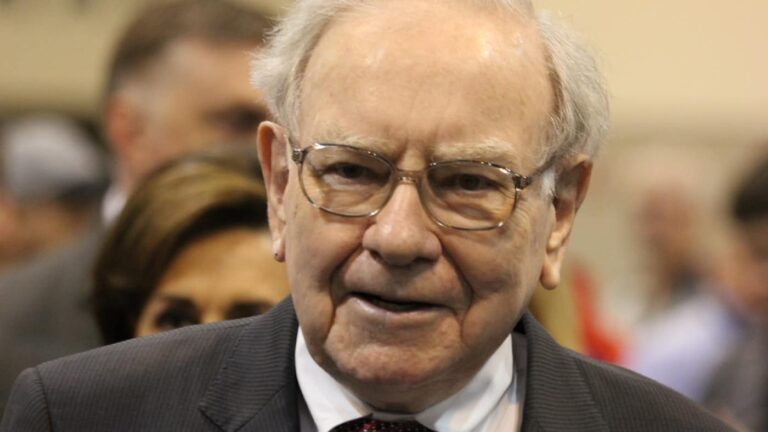
Image source: Getty Images
When looking for travel stocks to buy, many investors might — understandably — look to airlines like Ryanair or blue-chip hotel chains like Hilton Worldwide.
However, there are a few different ways to invest in the long-term global travel trend. Here are a couple of less obvious plays that I think will ride the wave, making both worthy of consideration.
Your global chauffeur
Uber (NYSE: UBER) is available in more than 15,000 cities across 70 countries, carrying out around 34m trips per day on average.
At the end of March, the ridesharing giant had 170m monthly active customers. And Q1 revenue grew 14% to $11.5bn — or 17% on a constant currency basis — while $2.5bn in free cash flow was generated. Strong stuff.
Airport trips are a goldmine for Uber. Personally, I don’t use any other firm abroad, assuming the app is available. The reason? Because, like many other tourists, I’ve been ripped off by local taxi drivers in the past. Not a great experience. So I value the cashless payment and transparent pricing on the Uber app.
However, it’s not just taxis. On Uber nowadays, you can also book train and coach trips, plane tickets, boat rides, and hire cars.
Meanwhile, Uber and Emirates have just signed an agreement to allow customers to book flights and Uber rides together in one go. Arguably then, the app is on the way to becoming a diversified travel‑booking powerhouse!
As always with Uber though, adverse regulation is a risk in certain cities. Also, competition from local rivals in Asia and Latin America is fierce.
Nevertheless, the company looks perfectly placed to benefit from the long-term growth in global tourism.
Uber has solidified its position as the global leader in both the rideshare and food delivery industries. As the dominant platform in both categories, Uber is now benefiting from scale, pricing discipline, and powerful network effects that create a near-impenetrable moat.
Blue Whale Growth Fund
Budget travel
Next up is Hostelworld (LSE: HSW), which caters to a specific niche: young and budget-conscious travellers. Think backpackers, solo explorers, and digital nomads staying in hostels.
This is a niche that’s booming right now, especially in Asia and Latin America.
The Dublin-based company has hostel partners in over 180 countries. However, it’s evolving from simply a booking platform into a social network. The app now connects travellers before they arrive, encouraging group meetups and driving more engagement on the app.
In March, it had 2.6m social network members. Management says they make 2.2 times the bookings compared to non-members over the first 91 days after signing up, and are 3.2 times more likely to book on Hostelworld’s app.
The firm expects low double-digit revenue growth in revenue in both 2026 and 2027. And it’s just brought back the dividend for the first time since it was axed during the pandemic. A £5m share buyback has also just commenced.
Now, one risk here is that Hostelworld is quite small, with revenue of £92m last year and a £173m market cap. Were something to negatively impact global travel demand, the business could quickly come under pressure. This happened during the pandemic.
That said, the firm’s balance sheet is in much better shape nowadays, with no debt. I think the stock is worth a look while it’s still trading cheaply.









